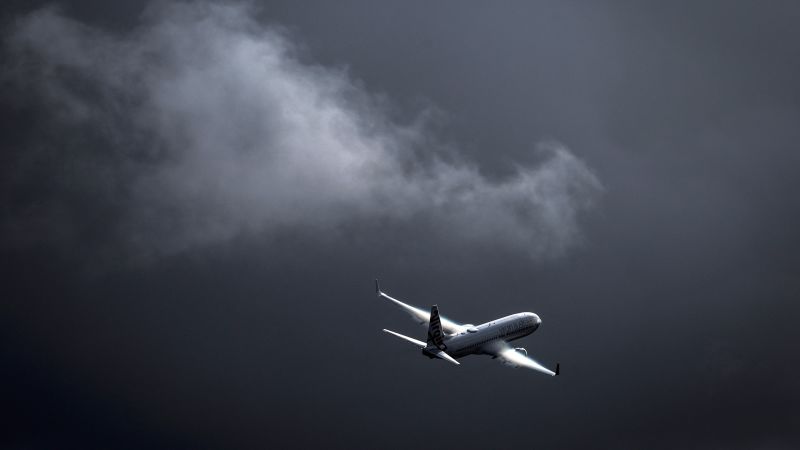Flights Canceled as Bali Faces Volcanic Ash Crisis from Indonesia’s Mount Lewotobi
Several Australian airlines have temporarily suspended flights to and from Bali following the recent eruption of Mount Lewotobi Laki-laki in Indonesia. This geological crisis poses significant risks to air travel and has sparked concerns over the safety of residents and tourists in the region. With a column of hot ash rising miles into the atmosphere, aviation authorities have taken precautionary measures to ensure passenger safety.
The Eruption and Immediate Impact
Mount Lewotobi Laki-laki, situated on the remote island of Flores, Indonesia, has been active since last Monday. The volcanic activity has resulted in fatalities, with reports confirming at least ten deaths attributed to the initial eruptions. Local towns and villages have been blanketed in volcanic ash, prompting tens of thousands of residents to flee their homes.
Airlines such as Jetstar, Qantas, and Virgin Australia announced the cancellation of flights to Bali’s Denpasar Airport. Qantas issued a statement highlighting the danger posed by the ash cloud: “Due to volcanic ash caused by the Mount Lewotobi eruption in Indonesia, it’s currently not safe to operate flights to and from Bali.” Jetstar confirmed that it would halt all flights until at least 2 p.m. local time, with plans to assess the ash situation later in the day.
Virgin Australia also grounded all flights from major Australian cities—Sydney, Melbourne, and Brisbane—effectively stranding countless travelers. “The safety of our passengers and crew is our top priority. We’re monitoring the situation closely,” a spokesperson stated.
Growing Volcanic Activity
The intensity of Mount Lewotobi Laki-laki’s eruptions has escalated, leading local authorities to expand the designated danger zone around the volcano. On Friday, the volcano released an impressive 6.2-mile column of ash into the atmosphere—its largest eruption to date. Hadi Wijaya, head of Indonesia’s Center for Volcanology and Geological Disaster Mitigation, reported that the explosion had dispersed volcanic materials—including smoldering rocks and ash—over a five-mile radius from the crater.
Indonesia, a nation comprised of over 270 million people, is home to more than 120 active volcanoes, making it the world leader in volcanic activity. The archipelago sits along the Pacific “Ring of Fire,” a region known for its seismic activity due to its positioning along tectonic plate boundaries.
Historical Context and Potential Threats
The situation today serves as a stark reminder of Indonesia’s troubled history with volcanic eruptions. For instance, the 2018 eruption of Anak Krakatau led to a catastrophic tsunami that swept through the coasts of Java and Sumatra, causing over 400 fatalities. Experts are concerned that ongoing volcanic activity could lead to similar disasters, potentially affecting both local populations and international travel.
The Broader Impact on Travel and Technology
In the age of global connectivity, disruptions such as those prompted by volcanic eruptions significantly impact the tourism industry and advance technological discussions related to air travel safety. The grounding of flights raises essential questions about contingency plans, real-time monitoring technologies, and international collaboration in addressing natural disasters.
As airlines adapt to these challenges, they may increasingly leverage technology to improve passenger communication and flight safety protocols. For travelers, it’s a reminder of the unpredictable nature of travel, further emphasizing the importance of flexible plans and real-time updates.
Stay Informed and Connected
As the situation develops, the aviation authorities and airlines are diligently assessing safety measures and keeping the public informed. Travelers are encouraged to stay updated through official airline websites and local news outlets for the latest information.
For readers interested in technology and safety in air travel, further exploration into the impact of natural disasters on logistical operations can be found at sources like TechCrunch and The Verge.
As we navigate through these challenges, we invite our readers to share their thoughts and experiences related to travel disruptions caused by natural events. How has your travel been affected by Mother Nature? Your stories matter, and together we can foster a community of awareness and preparedness.

